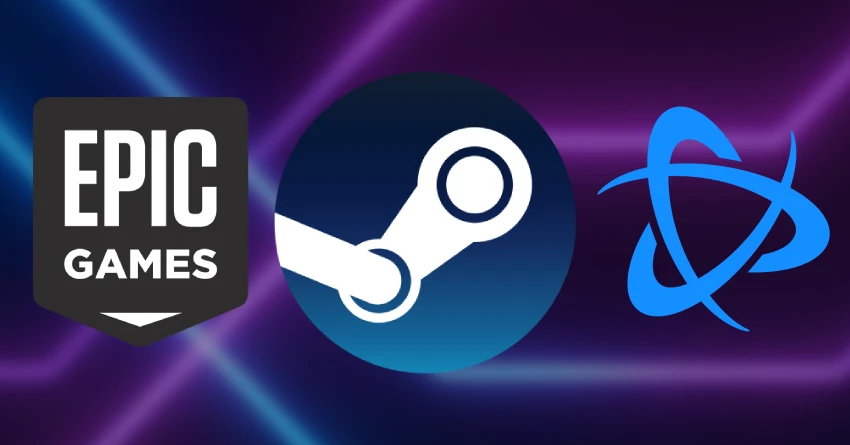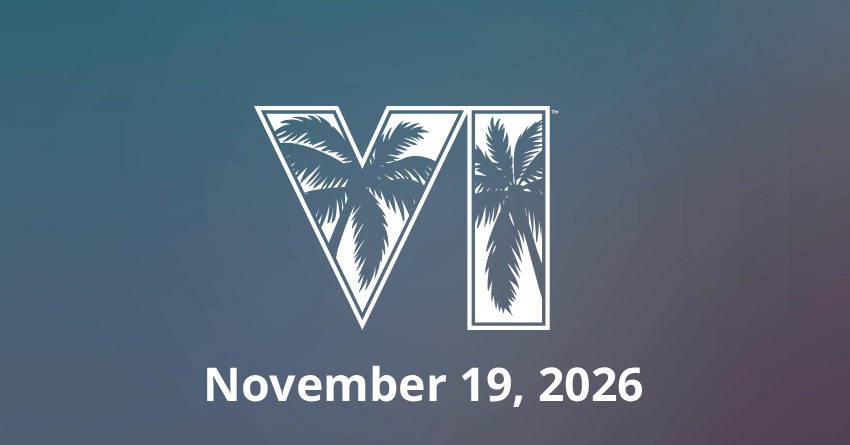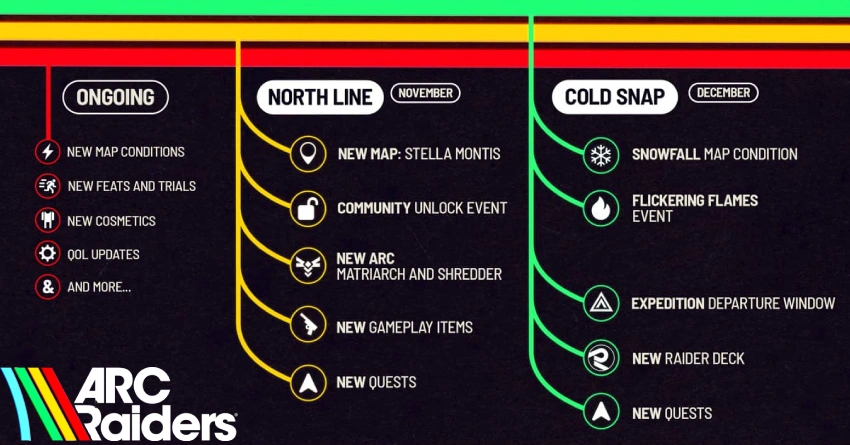Choosing a PC launcher isn’t just about downloads; it’s your library curation, social hub, modding workflow, cloud saves, refunds, and overlay usability. Here’s a deeper countdown from 10 to 1.
10. Humble App and Amazon Games App — Utility Launchers With Perks
What they’re best at
- Humble App excels as a downloader/manager for games you purchase via the Humble Store and bundles. It often includes DRM-free builds alongside keys (usually for Steam/Epic), plus extras like soundtracks and art books.
- Amazon Games App is mainly for Prime Gaming monthly freebies and loot. It’s lightweight and simple.
Strengths
- Humble: DRM-free installers for select titles, easy backup/archival, consistent deals on indies and AAAs via bundles.
- Amazon: “Set and forget” monthly claims, occasional surprise gems, simple install/update flow.
Limitations
- Neither offers a robust overlay, social systems, or mod integration. Cloud saves, achievements, and controller layers are inconsistent or delegated to the game itself.
- Discovery features are minimal; the app is a delivery mechanism, not a full ecosystem.
Who should use it
Deal hunters and collection builders. Keep both installed to claim and store value, then play primarily via Steam/Epic/GOG.
9. Rockstar Games Launcher — Required for Rockstar, Not a Daily Driver
What it does well
- Stable patching and verification for GTA V/Online, Red Dead Redemption 2, and legacy titles.
- Ties into Rockstar Social Club: friends, crews, stat tracking.
Strengths
Good at long-tail support for Rockstar’s massive online titles. Verifying files and restoring clean installs is straightforward.
Limitations
Narrow catalog. Occasional login/token issues. Feature scope is thin—no meaningful mod management or overlay. Purchases and entitlements are siloed.
Best use
Install it if you’re deeply into the Rockstar ecosystem. Otherwise, you’ll only touch it when a Rockstar game requires an update or verification.
8. Itch.io App — Indie Heart, Experimental Soul
What it does uniquely
A haven for game jams, prototypes, and experimental indie projects you won’t see on bigger storefronts. Flexible pricing (including pay-what-you-want).
Strengths
- Extremely developer-friendly revenue split and publishing tools.
- Simple app for installing, sandboxing, and versioning builds. Great for discovering creative, niche experiences.
- Strong community through collections, bundles (e.g., charity megabundles), and creator pages.
Limitations
No heavy social layer, achievements, or universal cloud save/overlay. Less QA polish by design—expect variety and occasional rough edges.
Who should use it
Players who love discovery, creativity, and supporting small developers. Itch is the perfect “second client” for adventurous gaming.
7. EA App — Cleaner Successor to Origin, Still Maturing
Improvements over Origin
Faster updates, cleaner UI, fewer random stalls. EA Play integration is smoother, especially when linked with Xbox/PC Game Pass.
Strengths
- EA’s major franchises (EA Sports FC, Battlefield, The Sims, Dragon Age, Mass Effect) live here in their best-supported form.
- Download manager is solid; cross-progression increasingly common within EA ecosystems.
Pain points
- Account linking across platforms can be finicky. The overlay and social tools are utilitarian rather than delightful.
- Modding varies widely by title; some are friendly (The Sims 4), others are locked down or awkward.
Best for
Fans of EA’s catalog and Game Pass subscribers. It’s necessary rather than optional if you’re into those series.
6. Ubisoft Connect — Cross-Progression Strength, Clunky Moments
Standout feature
True cross-progression and cross-play across many Ubisoft titles. Your saves and unlocks travel with your account.
Strengths
- Ubisoft+ subscription for day-one access to Ubi’s catalog.
- Reward Challenges and Ubisoft Club perks add small goals and cosmetics.
- Decent download/patch performance and long-term live support for franchises (Assassin’s Creed, Rainbow Six, Far Cry).
Weaknesses
- Double-launching from Steam is common and mildly annoying. Overlay can feel intrusive.
- Modding support is limited outside certain titles. Store pricing can be uneven regionally; discounts exist but lack the depth and cadence of Steam’s big sales.
Best for
Dedicated Ubisoft players who value cross-progression across PC and console. As a general client, it trails the top four.
5. Battle.net — Focused, Polished, and Low Friction
What it nails
Exceptionally stable patching and update delivery for Blizzard and select Activision titles. Reliable social/party systems within those games.
Strengths
Battle-tested for long-running online games: World of Warcraft, Diablo, Overwatch, and Call of Duty integrations. Low maintenance once set up.
Trade-offs
Very narrow game library. Minimal community UGC or mod layers outside what individual games allow. Overlay/social features don’t extend beyond Blizzard’s world.
Best for
If you live in Blizzard or CoD ecosystems, this is essential. Otherwise, it’s a specialized tool rather than a general PC gaming home.
4. Xbox App (PC Game Pass) — Subscription Value King
Why it’s compelling
Day-one first-party releases, a rotating slate of high-quality indies/AAAs, EA Play included at times, and frequent “try anything” appeal. Ideal for sampling genres and discovering favorites.
Strengths
- Strong Windows integration: Xbox Game Bar for captures, performance widgets, controller support.
- Cloud gaming (region-dependent) lets you test or play on the go.
Limitations
Install path and file permissions can frustrate modders; not every title plays nicely with heavy modding. Occasionally sticky Microsoft Store dependencies.
Who should use it
Players who value breadth and discovery for a flat monthly fee. Great as a complement to Steam or GOG; less ideal as your only platform if you want ownership, mods, or long-term archival.
3. GOG Galaxy 2.0 — DRM-Free Ownership and a Universal Library Hub
Defining philosophy
You own the installers. DRM-free means true offline play and easy backup/archival. The client is optional—download and store games outside any ecosystem lock-in.
Strengths
- Excellent classic catalog and meticulous patches for older titles.
- Galaxy integrations to unify libraries (Steam, Epic, Xbox, and more) in one view.
- Respectful privacy stance and optionality across the experience.
Compromises
Smaller day-one/new release presence. Overlay/cloud features are not as universal as Steam’s. Community and Workshop-like modding are lighter.
Ideal for
Single-player fans, retro lovers, and anyone who prioritizes long-term preservation and offline access. As a second platform beside Steam, it’s superb.
2. Epic Games Store — Big Value, Fast Downloads, Features Catching Up
Why it ranks high
Weekly free games, generous coupons (often 20–33% off), and timed exclusives that influence the PC release calendar. The value proposition is enormous.
Strengths
- Fast, reliable downloads; clean interface; easy library claim/management.
- Cross-platform engine ecosystem (Unreal Engine) underpins many releases.
- Developer-friendly revenue split encourages more studios to publish there.
Where it trails
- Social features, achievements, library organization, and community integrations still feel simpler than Steam.
- Mod support exists for some titles but lacks a Steam Workshop-style standard.
- Refunds are fine, yet regional pricing and feature parity can vary.
Who should use it
Anyone who values free games, coupons, and exclusives. As a companion to Steam or GOG, Epic saves serious money while covering must-play releases.
1. Steam — The Best (in my opinion)
Steam is the best in my opinion because it has a huge library of games, Steam Chat, the friends list is simple, and the in-game overlay is excellent with a built-in web browser for looking things up.
Everyday advantages
- Press Shift+Tab to open the overlay, check a guide/build/map in the browser, reply in chat, accept invites, and get back instantly—no alt-tab dance.
- Add non-Steam games but still get the overlay, controller remapping, and social features. Rare among clients.
Depth and ecosystem
- Steam Workshop makes modding one-click for supported titles with automatic updates and dependency handling.
- Steam Input enables deep controller mapping and community layouts, turning awkward KB+M titles into great couch experiences.
- Massive, consistent sales (Seasonal, Publisher, Next Fest), strong regional pricing, and a fair refund policy.
- Steam Cloud, Remote Play Together, Family Sharing, Broadcast, Achievements, Trading Cards—polished, integrated systems that feel cohesive rather than bolted on.
Performance and stability
- Incremental patching saves bandwidth; the downloader is quick and reliable; huge libraries remain manageable via categories and dynamic collections.
- Big Picture Mode and the modern overlay are refined. Linux support via Proton and Steam Deck uplift compatibility even on Windows through faster iteration and input/overlay improvements.



